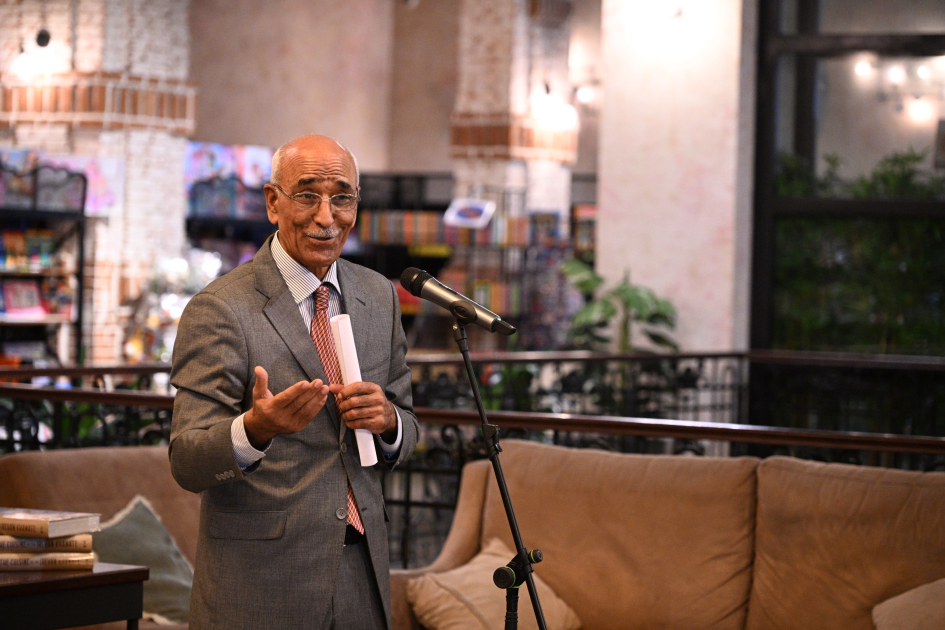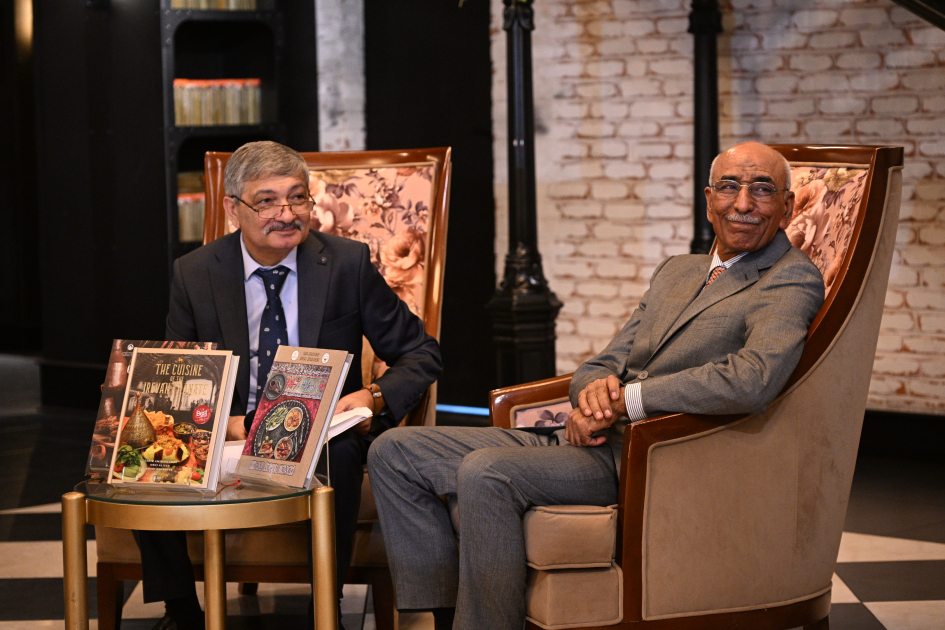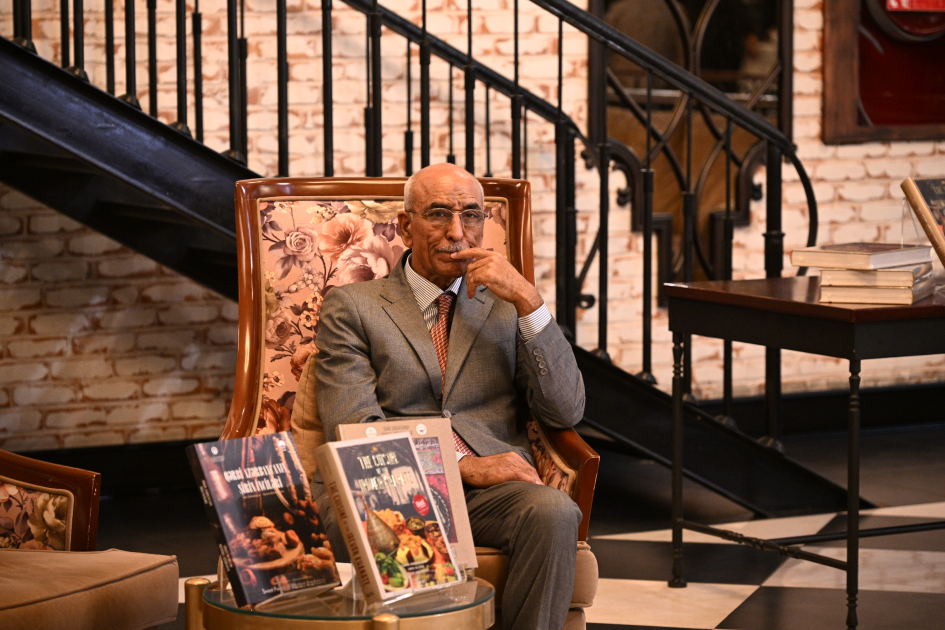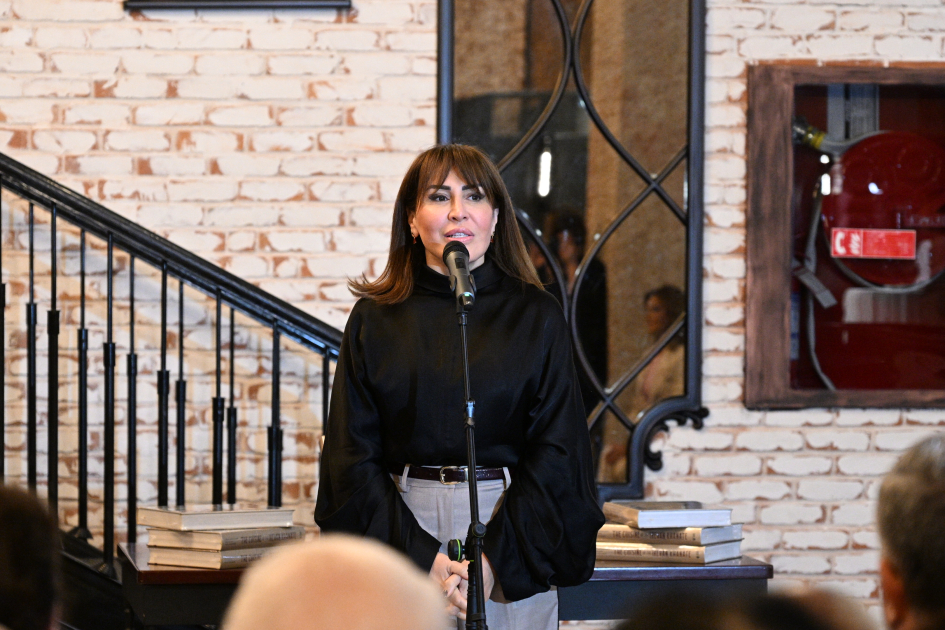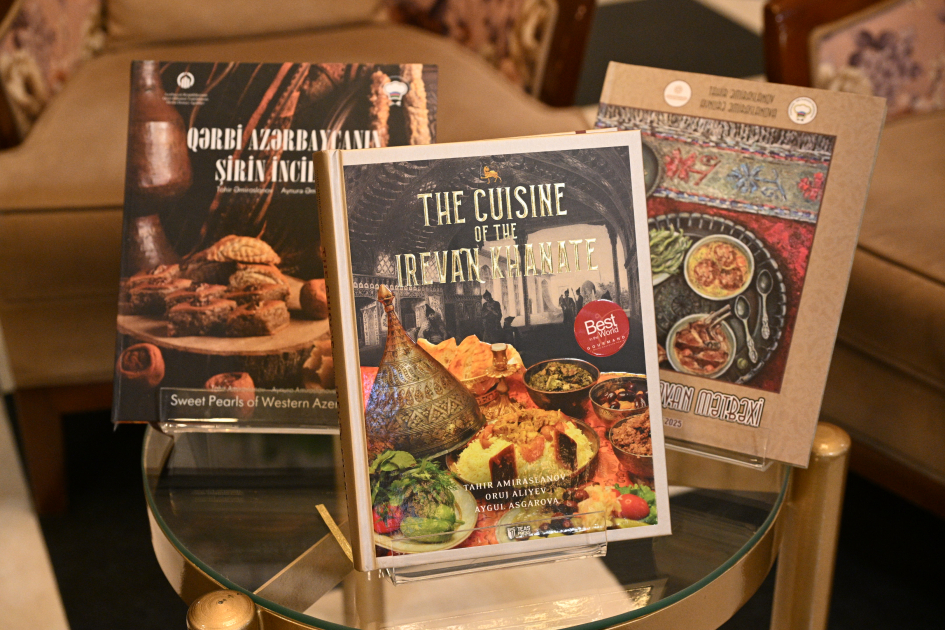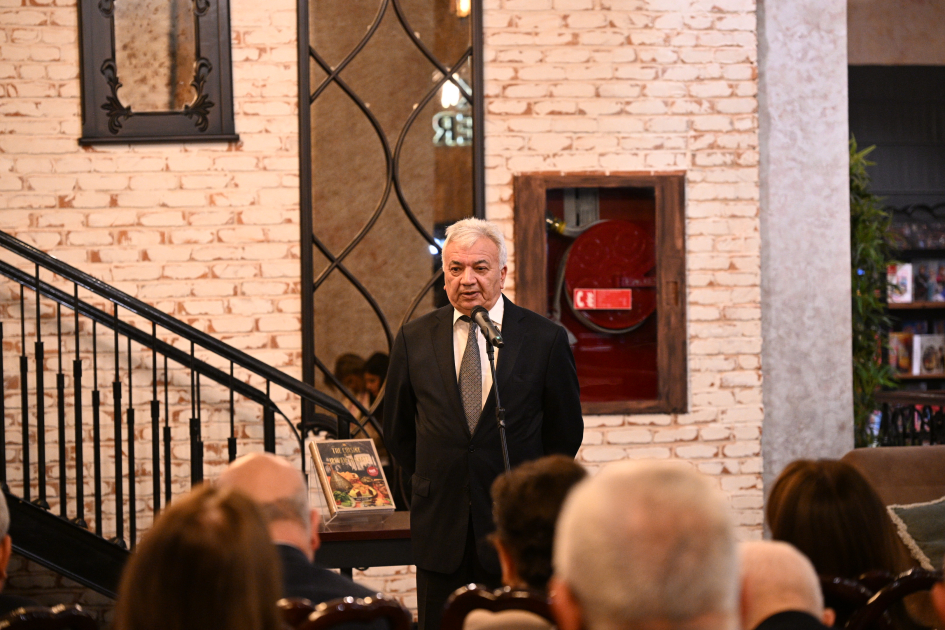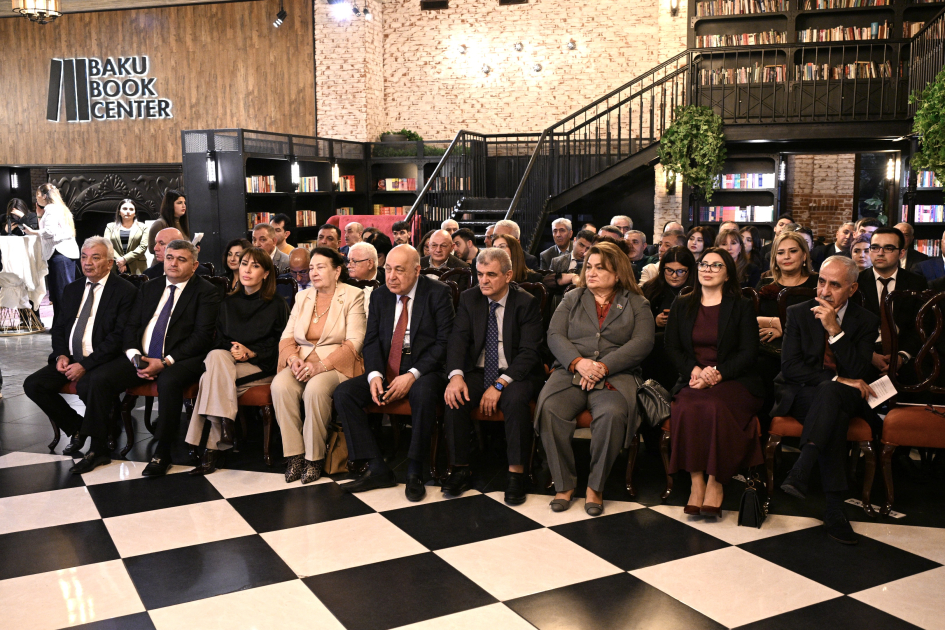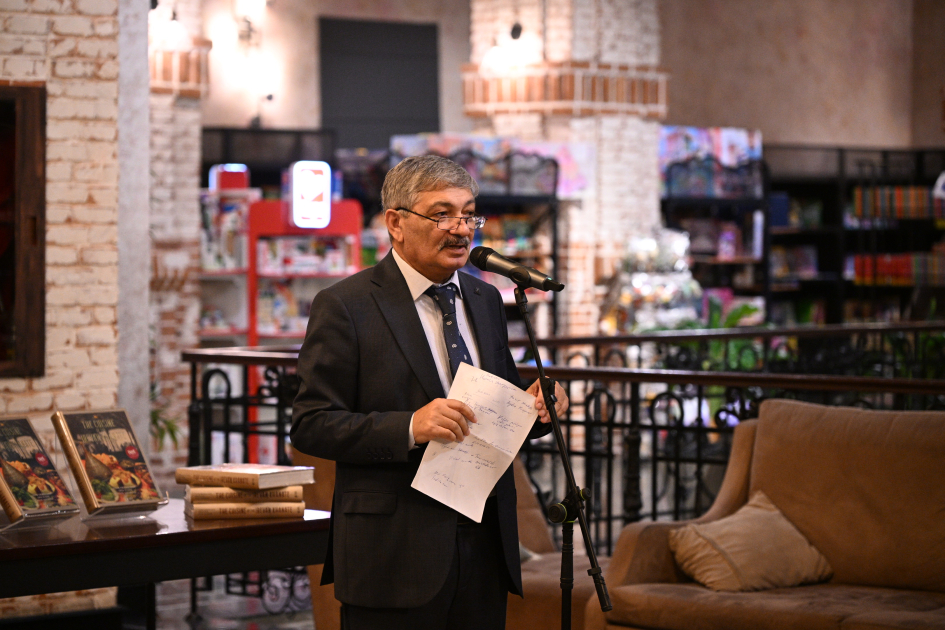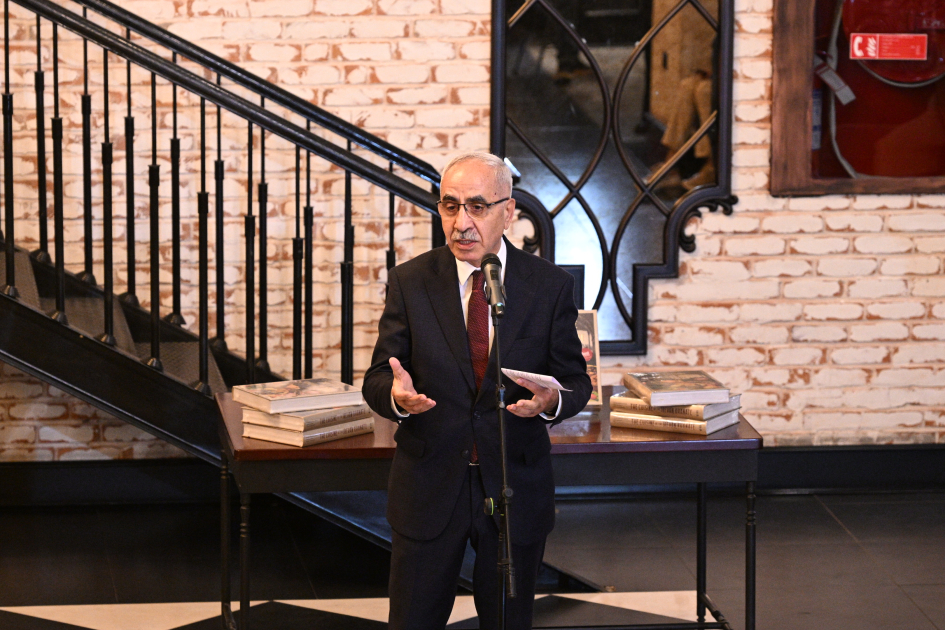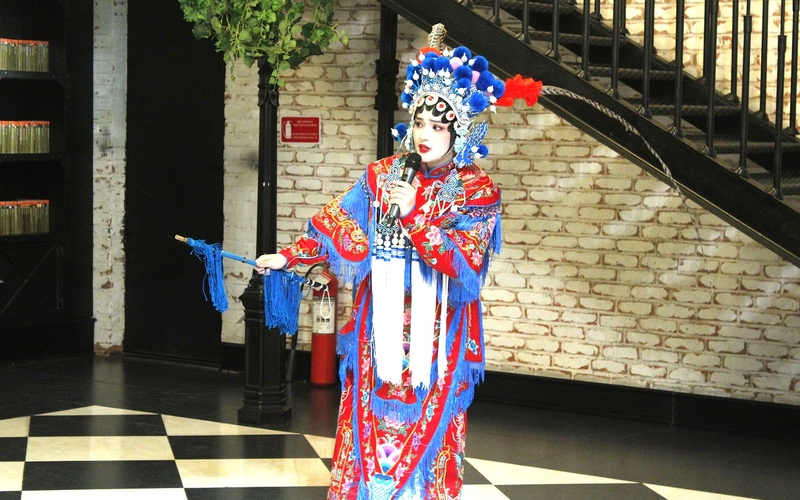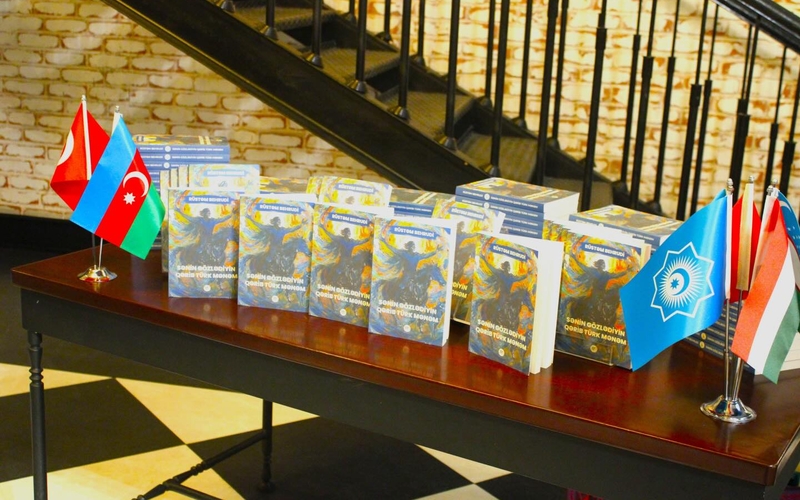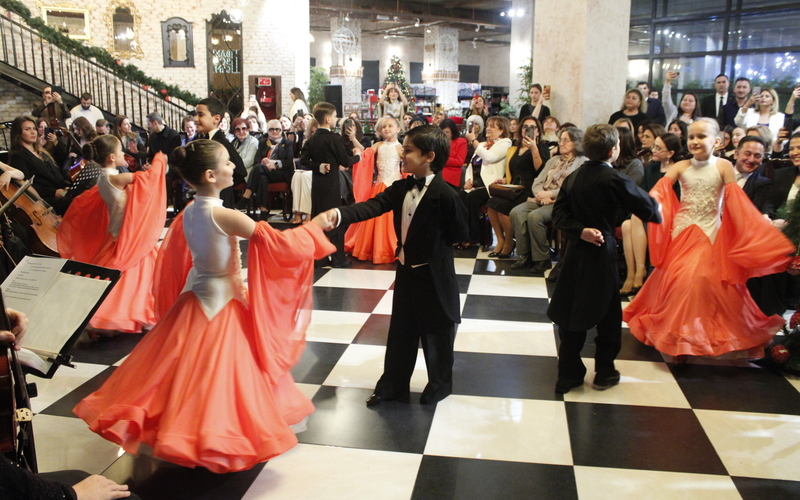English edition of "Regional Cuisine of the Erivan Khanate" launched at Baku Book Center
14.11.2025
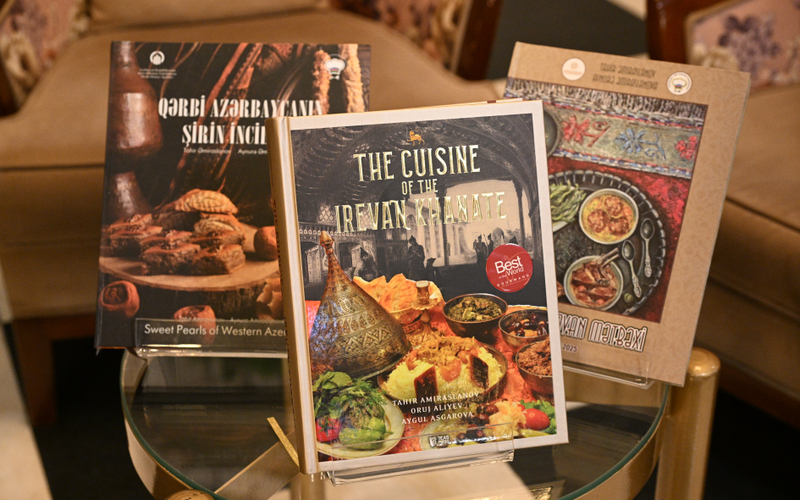
On November 14, the Baku Book Center hosted the presentation of the English edition of the book Regional Cuisine of the Erivan Khanate. The event began with a video presentation of the new English version. Speaking at the event, Günel Anargizi, Director of the Baku Book Center, highlighted the book’s significance: "This edition is exquisitely designed and holds great cultural value. Publishing the book in English is extremely important for promoting Azerbaijani cuisine worldwide," she said. Tair Amiraslanov, one of the authors and CEO of the National Culinary Association of Azerbaijan, noted that extensive research was carried out to revive the cuisine of the Erivan region, resulting in the collection and scientific systematization of 413 recipes. Reminding the audience that the book was first published in Azerbaijani in 2020, Amiraslanov added: "As a result of our research, the culinary heritage of the Erivan Khanate has been systematically documented. This involved 1,500 interviews, study of numerous historical and ethnographic sources, and scientific analysis of 413 recipes. In 2021, the book was included in the Alfred Nobel Museum’s collection in Switzerland and received the 'Best Regional Cuisine in the World' award in Paris from the World Culinary Books Awards. In 2024, it was recognized by the World Islamic Culinary Union and TURKSOY for its contribution to the preservation of cultural heritage." The English translation was carried out by Beylar Hajiyev, Doctor of Philology and Head of the Department of Foreign Languages at Baku State University. He emphasized that the English edition will make a significant contribution to the international recognition of Azerbaijani cuisine. Oruj Aliyev, Honorary Member of the National Culinary Association of Azerbaijan, spoke about the book’s scholarly value, noting that the research represents years of dedicated work. Other speakers discussed the process of creating the book and its scientific significance. Co-author Aygul Askerova, a recipient of the Republican Youth Award, also contributed to the project.
